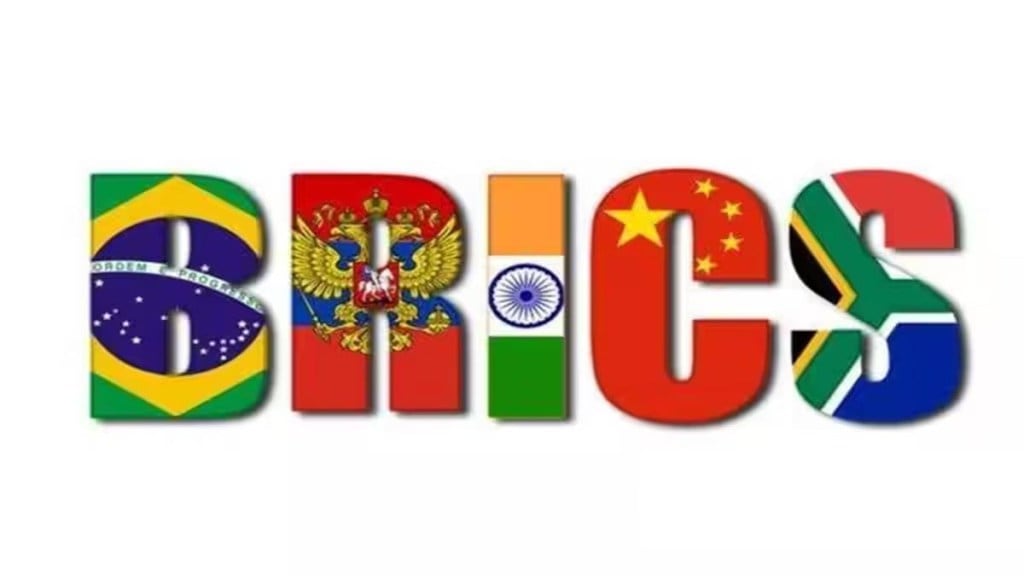The upcoming BRICS Summit in South Africa is marred by the absence of Russian President Vladimir Putin, which has led to concerns over the potential postponement of the grouping’s expansion plans. China’s persistent push for including more countries in the bloc, especially those involved in its Belt and Road Initiative (BRI) projects, has created tensions with India, a key member of BRICS.
Former Prof. Abdul Nafey, an expert in Latin American Studies, highlights the likelihood of Indian Prime Minister Narendra Modi opting for virtual participation, given the lack of progress on the border issue and India’s sensitivity in sharing the platform with Chinese President Xi Jinping under current circumstances. Nafey draws parallels with the recent virtual format of the Shanghai Cooperation Organisation (SCO) summit due to similar concerns.
If expansion takes place, who is likely to be admitted?
The question of which countries might be admitted in case of an expansion arises, with around forty nations expressing their interest in joining BRICS. Some notable contenders include Mexico, Uruguay, Egypt, Senegal, Argentina, Japan, UAE, Algeria, Turkey, Thailand, Nigeria, Zimbabwe, Indonesia, Iran, Kenya, Nicaragua, and Kazakhstan, among others. However, based on prevailing trends, five countries stand out as likely additions, namely Saudi Arabia, Argentina, Egypt, UAE, and Indonesia.
Chanakya and Confucius
The current dynamics within BRICS reflect a power struggle, with India feeling marginalized as China takes center stage and Russia increases its involvement following the Ukraine war. The former ambassador R Vishwanathan points out that India will not readily agree to initiatives like a common currency, and China acknowledges that without India’s participation, BRICS loses democratic and acceptable legitimacy. This geopolitical rivalry is compared to a match between the strategic wisdom of Chanakya, an ancient Indian scholar, and Confucius, a Chinese philosopher.
Adding to the complexity of the situation, reports indicate that France, a developed economy and a NATO member, has expressed interest in joining BRICS. However, Russia remains the sole opposing force against extending an invitation to France.
In conclusion, the BRICS Summit faces significant challenges as it navigates expansion plans and geopolitical tensions. China’s eagerness to include more countries from its BRI projects conflicts with India’s reservations, adding strain to the relationship between the two major members. As the world watches, the fate of BRICS hangs in the balance, with potential consequences for the global geopolitical landscape.

